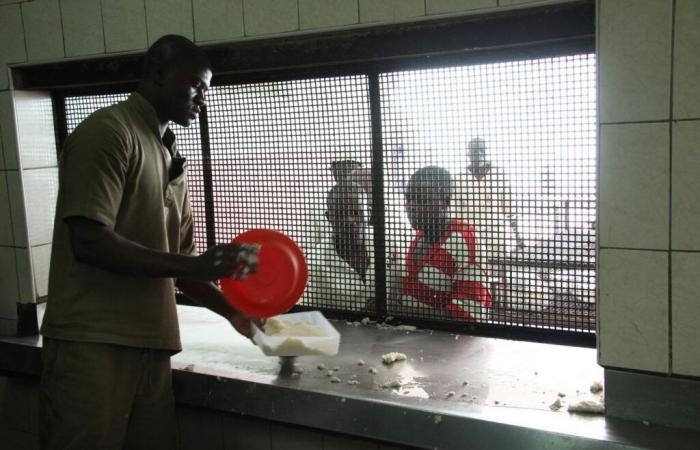Zimbabwe officially abolished the death penalty with immediate effect on Tuesday December 31, becoming the 30th abolitionist country in Africa and the 127th in the world. In this decree published in Official Journalthe Harare government says the courts can no longer impose capital punishment for any offense and that any existing death sentence is commuted to imprisonment. However, a provision provides that this abolition can be lifted in the event of a state of emergency.
“We urge the authorities to move quickly towards total abolition (…) by removing the clause included in the amendments to the bill which authorizes the use of the death penalty in a state of emergency”immediately asked Amnesty International in a press release, while welcoming a “historical moment”.
Around sixty inmates on death row
In Zimbabwe, where around 70 people have been hanged since independence in 1980, a moratorium on executions had been in place since 2005, but “courts continued to impose the death penalty for crimes such as murder, treason and terrorism”explains The Death Penalty Project, a UK-based organization that provides legal aid to those on death row. “Prisoners endured long periods of detention, with overwhelming uncertainty that executions would ever resume”adds this organization engaged in advocacy against capital punishment.
About sixty inmates were waiting on death row, some of them for many years. The moratorium on executions was in fact largely linked to the inability of the Zimbabwean authorities to recruit an executioner to hang the condemned. According to local media, job offers published several times have remained vacant since the resignation of the former holder of this office in 2005.
“No one wants to do this job”the Minister of Justice at the time confessed on the radio in 2018, while a majority of his fellow citizens said they were in favor of capital punishment. “The death penalty inflicts psychological torment not only on the person executed, but also on those involved in his execution”estimated the minister during the debates on abolition in the National Assembly last year.
“Offence to human dignity”
The fight for the abolition of the death penalty has long been led by President Emmerson Mnangagwa, in power since 2017.
In 2018, he commuted the sentences of convicts who had been waiting on death row for more than ten years to prison sentences. On several occasions, he expressed his opposition to this “offensive to human dignity”not hesitating to cite his personal case: in the 1960s, Emmerson Mnangagwa himself was sentenced to death for blowing up a train during the war of independence. His sentence was later commuted to ten years in prison.






